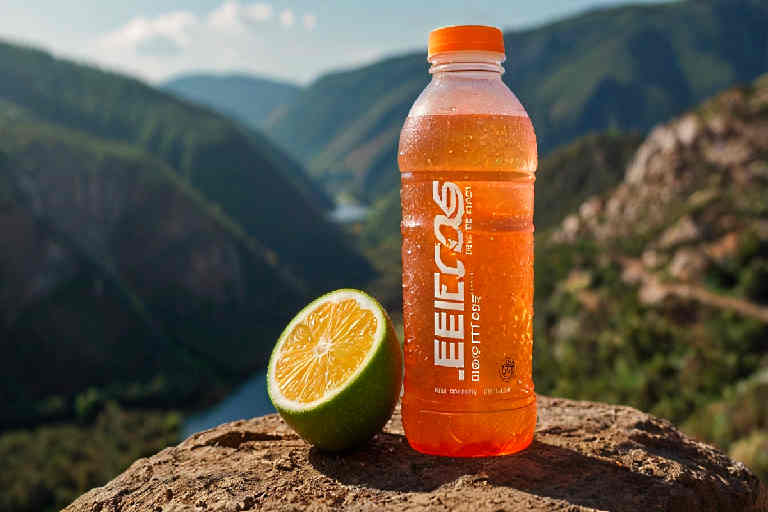Ever wondered why your gym trainer keeps talking about electrolytes? Let’s explain why. Electrolytes are minerals like sodium, potassium, calcium, and magnesium that carry an electric charge. These electrical charges send signals to the cells in your body, basically acting like little messengers.
These tiny powerhouses are crucial for keeping the body in balance. They help manage the balance of fluids inside and outside of your cells, which is super important for things like maintaining a steady heartbeat and ensuring your muscles contract properly. Ever had a muscle cramp? You might be low on electrolytes.
Muscles and nerves depend heavily on electrolytes to function. Think of electrolytes like the oil inside of your car engine; they keep everything running smoothly. Without them, you’d be running on empty pretty quickly.
Where do you get these from? Mostly from what you eat. Common foods like bananas, spinach, yogurt, and nuts do the trick nicely. So you don’t always need to chug sports drinks to keep those levels up.
Understanding how electrolytes work helps us appreciate why they’re so vital, especially when we’re working out in the gym or on a long run. Balancing these minerals is key to staying healthy and keeping your body in sync.
The Great Debate: Do You Need Electrolytes?
So, do you really need to add electrolyte supplements to your diet? That depends. If you’ve just run a marathon or spent hours under the sun, you might need a little help replacing what you’ve lost through sweat.
For most of us, getting enough electrolytes from food is enough. However, certain situations—like intense exercise, hot climates, or a tummy bug—can throw things out of whack, and supplements might come in handy.
Drinking too much water without electrolytes is like overwatering a plant; it might lead to a condition where sodium levels drop too low. Staying aware of this balance is key to avoiding such issues.
Whether to take electrolytes daily can be puzzling. In general, unless you’re constantly in high-demand situations, sticking to natural sources should suffice. Consult a healthcare expert if you’re unsure about your specific needs.
Making Informed Choices: Are Electrolytes Worth It?
Deciding whether to shell out for electrolyte supplements can feel like a head-scratcher. The key lies in understanding your lifestyle and body needs. For instance, if you’re an athlete or someone who regularly engages in intense physical activity, the extra boost from supplements might indeed be beneficial.
We all know the importance of a balanced diet, and this goes for electrolytes too. Before reaching for those sugary sports drinks, remember that you can get plenty of electrolytes from everyday foods like leafy greens, nuts, and fruits. Sometimes, a smoothie or a few walnuts can be just as effective.
Scientific studies and expert opinions shed some light on this. Most health professionals suggest meeting electrolyte needs through diet before considering supplements. It’s about listening to your body and making adjustments based on what feels right for you.
For those who do need that little extra nudge, choosing the right electrolyte sources is crucial. Opt for supplements with minimal sugar and additives. When in doubt, a balanced approach, mixing natural foods with occasional supplements as needed, is often the best strategy.

